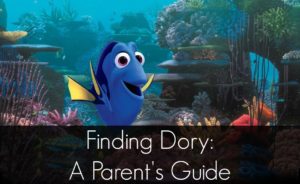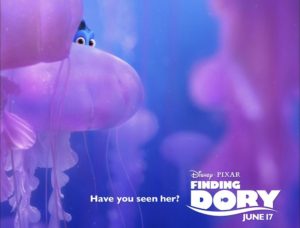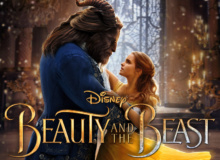 Finding Dory is the much anticipated sequel to 2003’s Finding Nemo. This time around instead of a parent searching for their child, we have an (adult) child – Dory, the sidekick Blue Tang from Finding Nemo – searching for her parents.
Finding Dory is the much anticipated sequel to 2003’s Finding Nemo. This time around instead of a parent searching for their child, we have an (adult) child – Dory, the sidekick Blue Tang from Finding Nemo – searching for her parents.
There isn’t much that’s objectionable in this film. There are no bad words, and no one is especially mean. There are some daring escapes, and moments of peril, but they are resolved quickly and without too much scariness. One scene that may be hard for viewers is a first-person shot of Dory as she is trying to make her way somewhere and gets lost when she forgets the directions. It was gut-wrenching, though it’s resolved quickly and rather triumphantly.
Like most Pixar films, you can expect some very emotional moments. Through a series of flashbacks, we see that Dory has dealt with her memory loss from a young age. We see the fear her parents experience as they wonder how their child will navigate in the world without them. As the parent of a special needs child, there were some moments that hit so close to home, it felt like the wind was knocked out of me. The filmmakers handled this sensitive subject with tact and care. While Dory’s disability is rightly a huge part of her story, it’s not the only part. She is surrounded by people who love her and care for her because of her optimism and ingenuity. It’s a refreshing take on people/fish with cognitive differences.
Kids of all ages will enjoy Finding Dory, which opens June 17th.
For a behind the scenes look at the making of Finding Dory, check out the Parenting Geekly interview with Supervising Animator Michael Stocker here.







